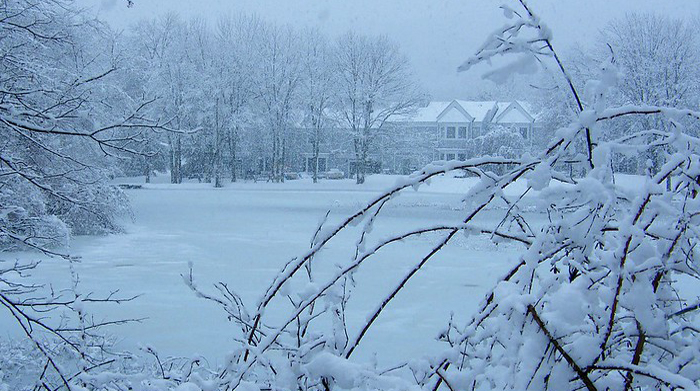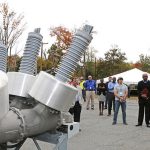NERC Warns of Elevated Winter Blackout Risk in 2023-2024

Image courtesy of Stanley Zimny under Attribution-NonCommercial 2.0 Generic License, resized to 700 x 391 pixels.
According to the North American Electric Reliability Corp. (NERC), two thirds of electricity consumers in North America will face an elevated risk of experiencing a winter blackout during the winter of 2023-2024. This is according to NERC’s 2023-2024 Winter Reliability Assessment which was published on 11/8/23.
Causes of the Heightened 2023-2024 Winter Blackout Risk
All told, the NERC analysis shows that over 20% of generating capacity has been forced offline in recent years as a result of extreme winter weather events hitting areas not typically exposed to such conditions.
So, what’s driving this trend? It essentially boils down to increasingly frequent severe weather events, increased demand, and unavailability of natural gas supplies for operating gas-fired power plants.
- Increasingly severe weather events: The biggest risk probably comes down to extreme winter weather conditions – the U.S. grid can be expected to perform reliably in typical winter conditions, but when conditions are severe, problems can ensue.
- Increased demand: Heating needs drive demand during extreme winter weather. Simply put, winter demand is highest when the grid is at its most vulnerable.
- Unavailability of natural gas supplies for operation of gas-fired power plants: Gas production can slow down as a result of pipeline and wellhead problems. In addition, fuel that is diverted to meet consumer heating demand can constrain gas transportation infrastructure.
Many of these factors were on full display in Texas during Winter Storm Elliott. The good news is that it is possible for utilities to take steps to reduce the probability of experiencing a winter blackout. According to NERC, power plants should be winterized, fuel adequacy should be closely monitored during the winter months, and demand forecasting needs to improve to reduce underestimations.
The bottom line is that reliability is a core foundation of emergency preparedness, and it is incumbent upon utilities to do everything in their power to reduce the risk of a winter blackout and maximize overall reliability.



